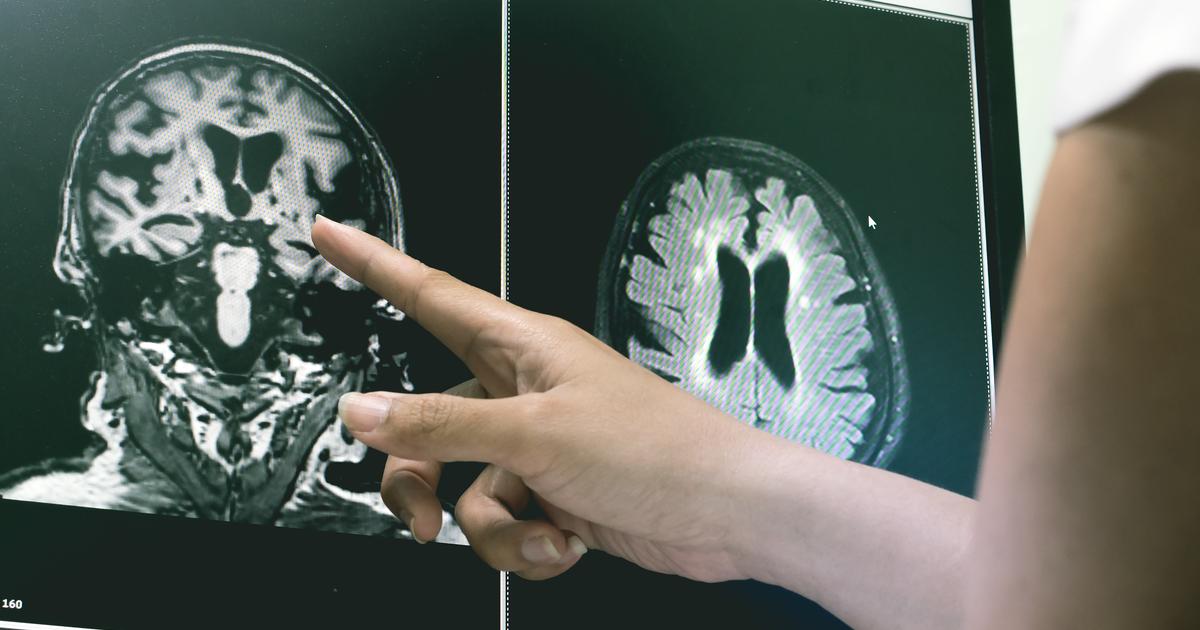Common Causes And Complications Of OCD
Other Pathogens (PANS)

In addition to the link between autoimmune responses and the onset of obsessive-compulsive disorder, researchers have also noted a phenomenon they refer to as pediatric acute-onset neuropsychiatric syndrome (PANS). As a syndrome, it's a clinical disorder that describes a collection of symptoms with no known root cause. The disorder occurs when children suddenly develop OCD symptoms or restrictions in their eating habits, including deterioration in their behavior in a minimum of two of the eight main areas of their lives. The trigger for PANS isn't always known, but researchers believe it is brought on by one or multiple pathogens. PANDAS is a type of PANS, but for a child to be diagnosed with PANDAS, the pathogen must have been a strep infection. In theory, any pathogen has the potential to cause some type of PANS. Researchers believe there's evidence for PANS developing as a result of pneumonia, varicella, influenza, and Lyme disease. Lyme disease is also theorized to cause other psychiatric symptoms.
Discover additional complications and causes of obsessive-compulsive disorder now.
Traumatic Brain Injury

Some patients develop obsessive-compulsive disorder after they suffer a traumatic brain injury. A traumatic brain injury might occur due to a fall, firearm accident, other accident, or motor vehicle collision. These types of injuries have a wide variety of symptoms and can be hard to predict. Some patients experience little to no cognitive issues following a traumatic brain injury. Others might develop psychiatric symptoms like those associated with OCD. Some patients have impaired cognitive functioning, struggle with their memory, or experience reduced concentration. The exact symptoms of the traumatic brain injury vary depending on the severity of the injury and the affected part of the brain. When OCD develops as a result of a traumatic brain injury, the symptoms tend to manifest very soon or immediately following the traumatic event. There have been cases, though, where obsessive-compulsive disorder from a brain injury wasn't professionally diagnosed until months had gone by after the injury. Most individuals who develop OCD after a traumatic brain injury also exhibit the symptoms of major depressive disorder. The reason behind this correlation isn't currently known.
Learn more about triggers and complications of obsessive-compulsive disorder now.
